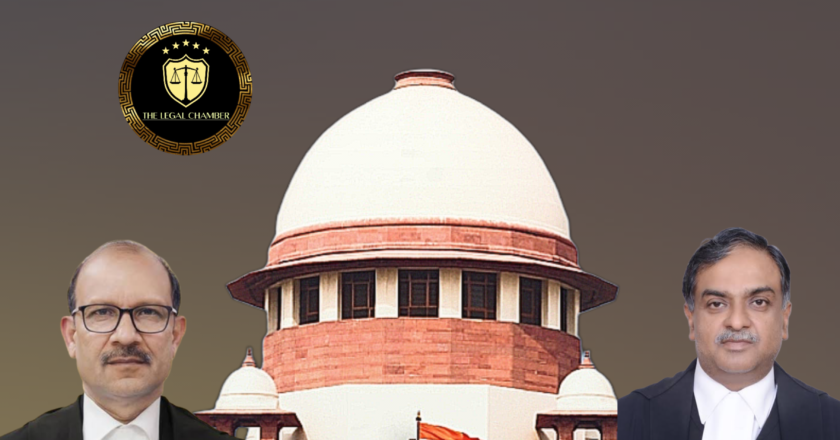Supreme Court Explains When a Criminal Court Cannot Change Its Own Order :”Functus Officio”
The Supreme Court held that proceedings under Section 340 CrPC are criminal in nature and thus governed by the CrPC. Consequently, a review petition filed under Order XLVII of the CPC is not maintainable. The Court reiterated that Section 362 CrPC bars criminal courts from altering or reviewing their own judgments, except for correcting clerical errors, and the High Court's recall order constituted an impermissible substantive review.
Facts Of The Case:
The dispute originated between two groups, the Khosla Group and the Bakshi Group, regarding a joint venture to develop a resort in Kasauli. A key point of contention was the validity of the Annual General Meeting (AGM) of their joint venture company, Montreaux Resorts Private Limited (MRPL), held on 30.09.2006. The Bakshi Group relied on ...

